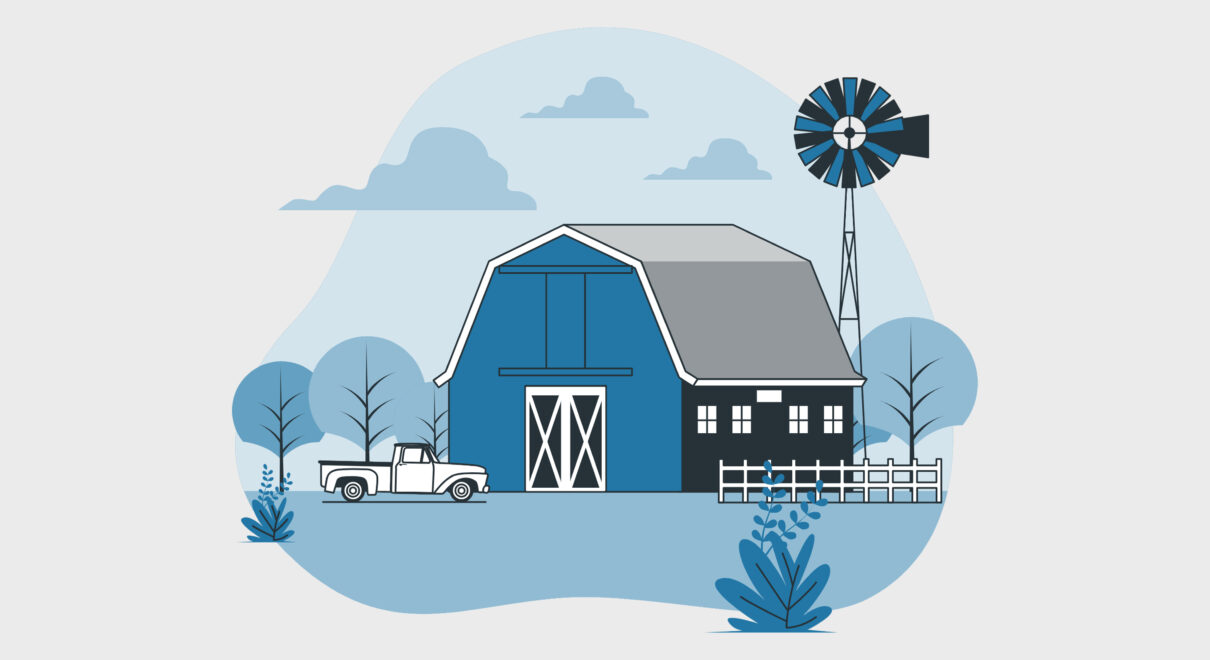Introduction:
Agriculture plays a crucial role in sustaining our growing population and meeting global food demands. However, the industry faces numerous challenges, including labor shortages, resource management issues, and the need for sustainable practices. In response to these challenges, technology is increasingly being leveraged to revolutionize agriculture. One company leading the charge in this transformation is Robotic Systems, with its innovative farm automation solutions.
Current Challenges in Agriculture:
Traditional farming methods often struggle to keep up with the demands of modern agriculture. Labor shortages, in particular, pose a significant challenge for farmers worldwide. Additionally, inefficient resource management practices can lead to waste and environmental degradation.
The Role of Robotic Systems:
Robotic Systems is at the forefront of addressing these challenges through its groundbreaking farm automation solutions. By integrating robotics, AI, and IoT technologies, Robotic Systems empowers farmers to streamline operations, increase efficiency, and optimize resource utilization.
Case Studies:
One notable project by Robotic Systems involved the implementation of autonomous drones for crop monitoring and management. These drones utilize advanced sensors and AI algorithms to collect data on crop health, soil conditions, and water usage, allowing farmers to make data-driven decisions and maximize yields.
Conclusion: In conclusion, farm automation represents the future of agriculture, and Robotic Systems is leading the way with its innovative solutions. By leveraging cutting-edge technologies, Robotic Systems is revolutionizing farming practices, increasing efficiency, and promoting sustainability. As the industry continues to evolve, the role of automation in agriculture will only become more prominent, and Robotic Systems will remain at the forefront of this transformation.

